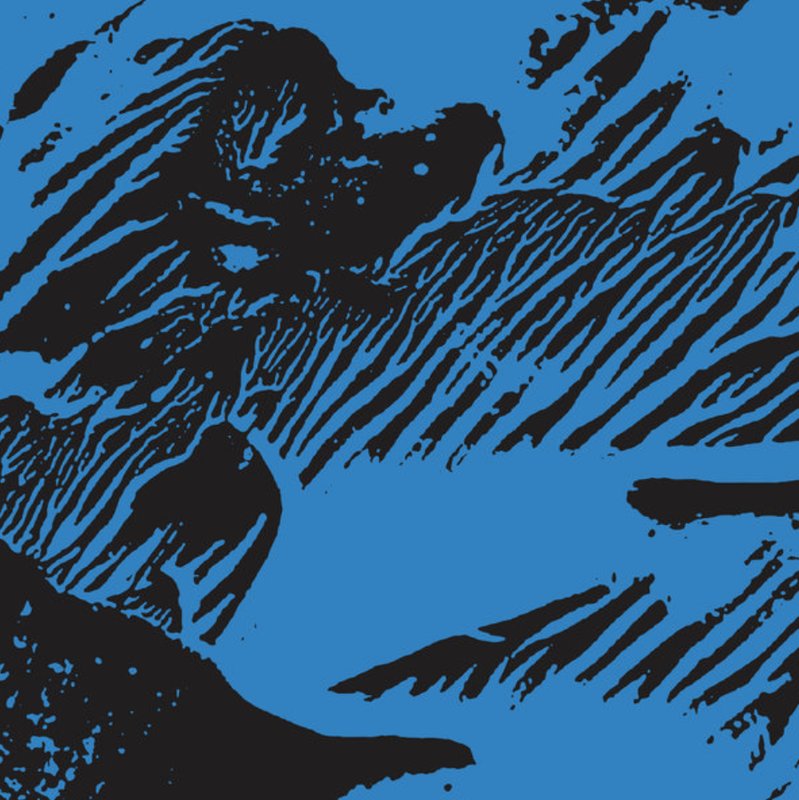Ana Mazzotti ‘Ninguem Vai Me Segurar’ (Ana Mazzotti)

Sometimes you can tell a little bit (or a lot) about an artist’s creativity levels by the kind of language that their music inspires. When I saw late Brazilian instrumentalist, composer and singer Ana Mazzotti’s Ninguem Vai Me Segurar (1974) and Ana Mazzotti (1977) albums described as spell-binding samba-jazz, lysergic funk, and trippy bossa, I knew these reissues were worth a listen or ten. But, after perusing the liner notes and credits, and seeing mention of the contributions of Azymuth members Jose Roberto Bertrami, Alex Malheiros and Ariovaldo Contestini on keyboards, bass, and percussion respectively, the deal was sealed.
Born in 1950 in southern Brazil, Mazzotti grew up playing accordion and piano. In her teens and early 20s, she conducted her convent school’s choir and led her city’s premier chorus, the Coral Bento Gonclaves. As rock and roll arrived in South America in the sixties, Mazzotti was either to the side of the stage or onstage. She fronted several groups including an all-female Beatles covers band, and Desenvolvemento, an open-eared, eight-piece psyche group. In the late sixties, she met drummer, producer and music educator Romido Santos, who she would later marry. Santos introduced her to American and Brazilian jazz music, and the two relocated to Sao Paulo, where Mazzotti began her music career properly.
Ninguem Vai Me Segurar, Mazzotti’s first album, was recorded in Estudio Haway around the same time Azymuth recorded their debut. Given the timing and a sharing of players, substantial traces of the groundbreaking samba jazz-funk group’s musical DNA can be heard throughout Ninguem Vai Me Segurar, as Mazzotti’s tender vocals and compositions, the Azymuth members opulent arrangements and playing, and Santos’s polished production gently intertwine.
High watermark moments on Ninguem Vai Me Segurar include the sunkissed swing of her samba-jazz opus ‘Agora Ou Nunca Mais’ and her dreamy interpretation of singer-songwriter Eugene McDaniels’s soul standard ‘Feel Like Making Love’ (first popularised by Roberta Flack). That said, they’re surrounded by several extraordinarily lush Brazilian groove classics, and ‘Barrio Negro’, a synth-cut that artfully hints towards the rise of future soul.
Three years later, Mazzotti returned to the studio to rework her debut album. Resequenced and packaged in ethereal cover art, the newly dubbed Ana Mazzotti also included re-recorded vocals, vibrant horn arrangements, and in the place of ‘Feel Like Making Love’, a full-scale fiesta cut titled ‘Eta, Samba Bom’. In the time that had passed, Mazzotti and her players' skill confidence had increased as well, adding an effortless air to her special songs.
Sadly, due to financial limitations and the sexist attitudes and prejudice she faced in Brazil at the time, neither iteration took on a commercial level. In 1982, Mazzotti recorded a third album Ao Vivo Festival De Verão Do Guarujá 82. Six years later, at age thirty-eight, she died after a battle with cancer, leaving her music to slowly and surely grow a cult fanbase over the years that followed.
Ninguem Vai Me Segurar (1974), and Ana Mazzotti (1977) will be available on vinyl LP, CD and digitally from 13th September through Far Out Recordings. Pre-order here and here.


